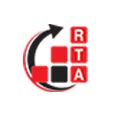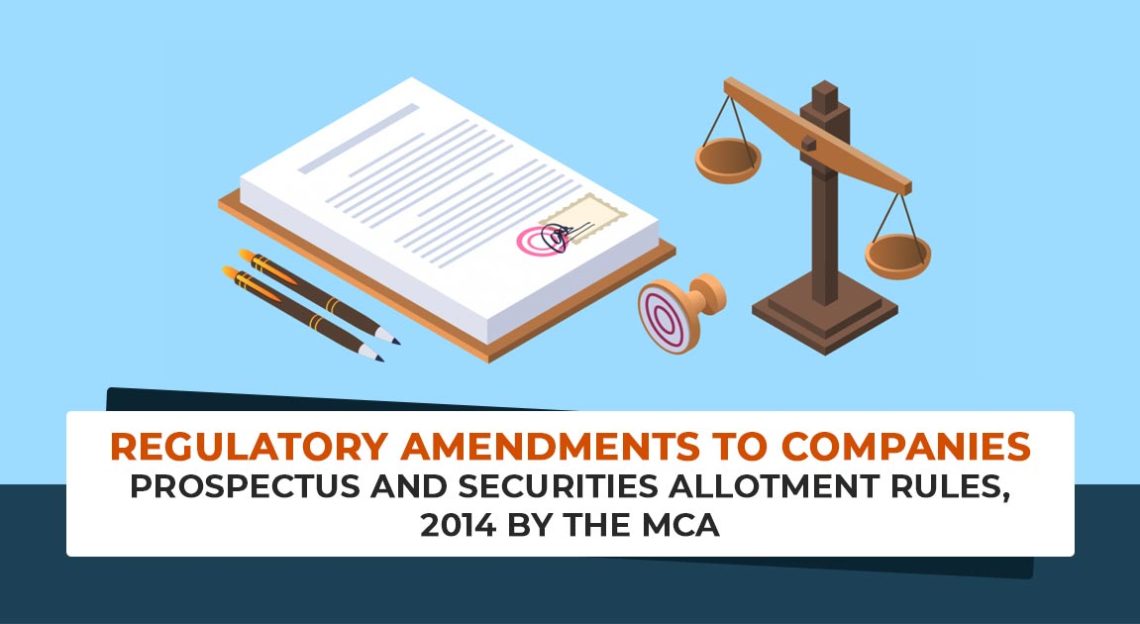The Ministry of Corporate Affairs issued a notification on October 27, 2023, introducing significant amendments to the Companies (Prospectus and Allotment of Securities) Rules, 2014.
The regulations within the Companies Act, 2013, regarding the mandatory dematerialization of shares for private limited companies can be summarized as follows:
Section 29 of the Companies Act, 2013
- Rule 9 of the Companies (Prospectus and Allotment of Securities) Rules, 2014, outlines the
- requirements and guidelines regarding the mandatory dematerialization of shares.
These provisions determine when and how private limited companies (except small companies) must convert their physical share certificates into electronic form.
The applicability and non-applicability of Rule 9 of the Companies (Prospectus and Allotment of Securities) Rules, 2014 are crucial. This rule specifies the circumstances under which companies must dematerialize their shares. And the notification also mentions companies to which this rule does not apply, thereby allowing companies to continue using physical share certificates and Forms.
Non-Applicable Companies for Dematerialization of Securities
The notification mentioned certain categories of companies exempt from the obligation to dematerialize their shares. These include Nidhi Companies, Government Companies, Wholly Owned Subsidiary Companies of Public Companies, and Small Private Limited Companies.
Applicable Companies for Dematerialization of Securities
The notification also mentioned Rule 9B, which focuses on the dematerialization of securities by private companies. According to this rule, every private company (excluding small companies) must issue securities only in dematerialized form and facilitate the dematerialization of all its securities. This requirement aligns with the provisions of the Depositories Act, 1996 (22 of 1996), and the regulations made thereunder.
Private companies (except small companies), as per their audited financial statements for financial years ending on or after March 31, 2023, have eighteen months from the closure of such a financial year to comply with Rule 9B.
Impact of Dematerialization on Companies
From 02.10.2018, any unlisted public company that makes an offer for the issue of securities, buyback of securities, or issues bonus shares or rights offers must ensure that the holdings of securities by its promoters, directors, and key managerial personnel have been dematerialized before making such offers.
Impact of Dematerialization on Share Holders
The rule also states that any holder of securities in a private company subject to Rule 9B who intends to transfer or subscribe to securities after the compliance date must ensure that the securities are held in dematerialized form.
These amendments to the Companies (Prospectus and Allotment of Securities) Rules, 2014, signify the government’s efforts to modernize and digitize the process of securities issuance and ownership. By mandating the dematerialization of securities, the Ministry of Corporate Affairs aims to enhance transparency, investor protection, and overall efficiency in the Indian corporate sector.
Overall, these changes are expected to have a positive impact on the Indian business landscape, ensuring a smoother and more secure process for companies and investors alike. Moreover, let’s understand more about the compliance associated with Rule 9B.
Compliance Requirement for Private Limited Companies Under Rule 9B
The implementation of Rule 9B in the PAS Rules has brought about a significant transformation in the way private limited companies (except small companies) handle their shares, and have a financial year ending on March 31, 2023.
This rule mandates the conversion of shares into dematerialized form within 18 months after the conclusion of the financial year. This change has far-reaching implications for the internal processes of these companies, altering how shares are held and transferred.
To delve deeper into the key provisions of Rule 9B for private limited companies, the following points should be noted:
(A) Compulsory Dematerialization: The new rule necessitates that shares of these companies are exclusively issued and held in dematerialized mode. This means that physical share certificates will no longer hold any legal standing, and all shares must be electronically stored in a demat account. This transition not only enhances the efficiency and security of shareholding but also mitigates the risks associated with physical share certificates, such as loss or fraud.
(B) Dematerialized Share Transfers: Share transfers within these companies must take place in a dematerialized mode, which is another crucial aspect of Rule 9B. This implies that when shares are bought or sold, the transfer must be conducted electronically through the demat account.
This streamlined process not only expedites share transactions but also improves transparency and reduces the likelihood of errors in maintaining such transactions. For private limited companies seeking the best RTA services, SAG Infotech offers top-notch solutions to facilitate seamless dematerialized share transfers. With SAG RTA, companies can navigate the dematerialization process with ease and stay compliant with the regulatory framework.
The implementation of Rule 9B highlights the government’s dedication to modernizing business operations, promoting transparency, and streamlining administrative processes. This action is in line with international patterns where numerous nations have embraced dematerialization as a means to improve the effectiveness and security of their financial markets.
For professionals operating in these private limited companies, it is crucial to acquaint themselves with these new regulations and ensure timely compliance. If they cannot comply with the provisions within the stipulated 18-month period can result in legal repercussions, such as fines or other punitive actions.
Step-by-Step Process to Follow Compliance
1. Assessment: Make sure that your company comes under Rule 9B based on its financials for the year ending March 31, 2023.
2. Dematerialization Process: If the rule is applicable, initiate the dematerialization process for all shares held by the company. This typically points towards opening demat accounts, converting physical shares into electronic form, and updating the company’s records accordingly.
3. Transfer Mechanism: Guarantee that all share transfers within the company adhere to the dematerialized mode. Provide training to staff and stakeholders on the new procedures and extend any necessary support to facilitate a seamless transition.
4. Compliance Documentation: Maintain comprehensive records of compliance efforts, including the dematerialization process and share transfers. This documentation is vital for regulatory reporting and auditing purposes.
The implementation of Rule 9B on private limited companies except small companies, represents a significant transition towards digitization and enhanced transparency in shareholding. It is crucial for professionals to proactively adjust to these changes to prevent legal ramifications and harness the benefits provided by dematerialization. These advantages include heightened efficiency and improved security in share management.









